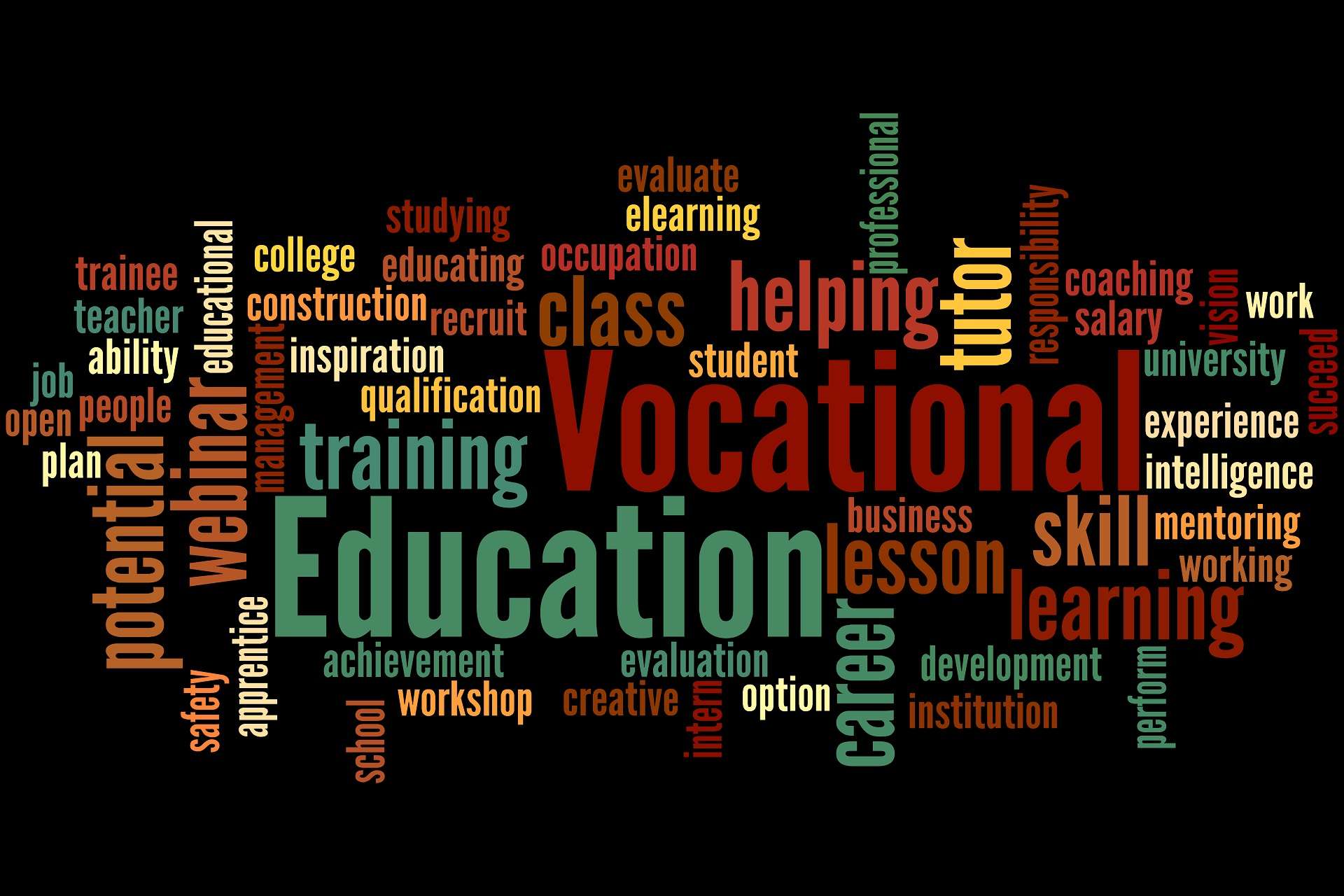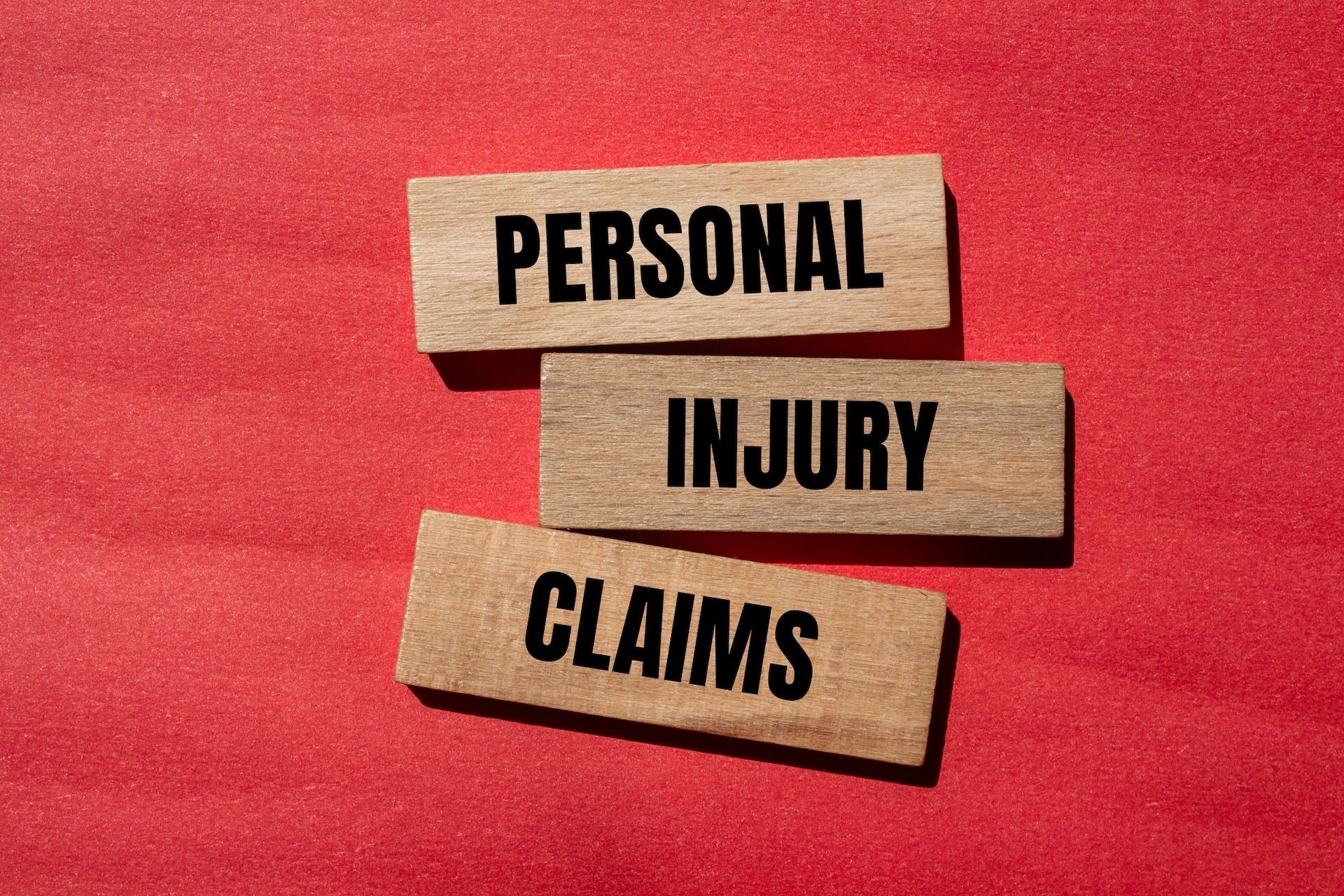What Does Vocational Evaluator Mean?

Not surprisingly, vocational evaluators perform vocational evaluations. Those evaluations may be performed for a variety of reasons. Some vocational evaluators focus on vocational rehabilitation so that injured workers can find employment. Vocational experts who testify in legal proceedings also perform vocational evaluations to obtain data that informs their expert opinions about employability and earning capacity.
Vocational Evidence
Lawyers retain vocational experts whenever a client’s employability is an issue in the case. Expert vocational evaluators gather data from a variety of sources to determine how much income a client might be able to earn in the future.
Future earning capacity is often a disputed issue in personal injury cases. Whether an injury is caused in a car accident, by medical malpractice, in a slip-and-fall due to dangerous property conditions, or because of any other negligent act, injury victims are entitled to seek compensation for their lost earning capacity.
Lost earning capacity results from disabling injuries. Any injury that prevents an accident victim from returning to former employment may have an impact on earning capacity. The question is whether the victim can find other work that pays as much or more than prior employment. Vocational evaluators help lawyers understand how a disability condition affects earning capacity.
Future earning capacity can also be an issue in wrongful employment termination cases. The issue is often raised by defendants who claim that the discharged worker has failed to mitigate damages. Vocational evaluators can determine whether comparable employment in the same geographic area is available to the discharged employee.
Vocational evidence also supports claims for disability benefits when those benefits are based on a loss of earning ability. Some disability insurance policies, for example, require evidence that a disability has impaired the policy holder’s ability to work. Some government benefit programs (including Social Security Disability Insurance*, some veterans’ benefits, and some workers’ compensation benefits may require proof of that client cannot engage in gainful employment or has a reduced earning ability because of a disability.
Family lawyers hire vocational evaluators when a former spouse is suspected or accused of “shirking” to avoid paying alimony or support. While “shirking” may depend on evidence of the former spouse’s intent, courts also ask whether the former spouse could be earning a higher income. Vocational evaluators offer evidence to assist that determination.
Vocational Evaluations for Other Purposes
Some vocational evaluators work as job counselors. They provide advice directly to a client about career paths that are consistent with the client’s abilities. Clients who have sustained a disabling injury may depend on vocational evaluators to identify jobs that they will be capable of performing and that meet their interests.
Vocational evaluators may also be employed by government agencies that help disabled individuals with vocational rehabilitation. Vocational evaluators match a disabled individual’s aptitudes and interests with jobs that are consistent with the individual’s abilities. Vocational evaluators can recommend training and physical rehabilitation programs that will help their clients transition to new employment.
Who Are Vocational Evaluators?
A vocational has specialized knowledge that assists the evaluation of employability. Expert vocational evaluators have training that enables them to form opinions by using accepted research methodologies.
A vocational evaluator’s training and experience may depend on the kind of work they choose to perform. A vocational evaluator who works in the field of rehabilitation may have a bachelor’s degree in rehabilitation and work experience or specialized training that allows them to be certified in their field.
An expert witness who performs vocational evaluations will likely have at least a master’s degree in a relevant field, including vocational rehabilitation, psychology, vocational counseling, or another discipline in the field of human services. Expert witnesses also obtain continuing education required to obtain and maintain professional certifications.
What Is a Vocational Evaluation?
Vocational evaluations assess employability. When they are conducted in the context of vocational rehabilitation, they may be focused on defining jobs that are consistent with a client’s interests and abilities. When they are performed by vocational experts to create evidence for legal proceedings, they typically address employability in the context of a diminished earning capacity or shirking.
Vocational evaluations begin by gathering information. Vocational experts use that information as data to support their expert opinions. In the context of rehabilitation, evaluators gather information to help them assess realistic career choices their clients might make, either with or without additional training.
Vocational evaluators gather data by reviewing documents and conducting interviews. Medical records, including functional capacity evaluations, document the nature and extent of the client’s physical and mental limitations. A functional capacity evaluation might, for example, reveal that a client cannot lift more than 10 pounds, cannot sist for more than 20 minutes, or cannot climb stairs at all.
Other documents that provide relevant data include employment records, educational records, and military service records. Any document that sheds light on an employee’s work history, job training, or work performance can inform an evaluator’s opinion about the kind of job a client might be able to perform, subject to limitations revealed by medical records.
Interviews with the client, family members, and former employers provide information that supplements the data gleaned from documents. The evaluator will also administer standardized vocational tests. Depending on the purpose of the evaluation, those tests may provide information about an employee’s transferrable work skills, intelligence, aptitudes, and personality.
An evaluator who assesses loss of earning capacity will then acquire information about available jobs, either in the national economy or in the client’s geographic location. That information may come from reliable databases or from the evaluator’s own market research. Other databases and research tools provide evidence of the skills and abilities that are required to perform those jobs.
By comparing the client’s ability to work to the requirements of various jobs, the evaluator identifies jobs, if any, that the client can perform. The evaluator then determines whether those jobs are available and the range of wages that employees in those jobs earn. That information allows the evaluator to identify future earning potential. By comparing that information to past earnings, the evaluator or an economist can determine the client’s loss of earning capacity.
Disclaimer: The information on this website and blog is for general informational purposes only and is not professional advice. We make no guarantees of accuracy or completeness. We disclaim all liability for errors, omissions, or reliance on this content. Always consult a qualified professional for specific guidance.








